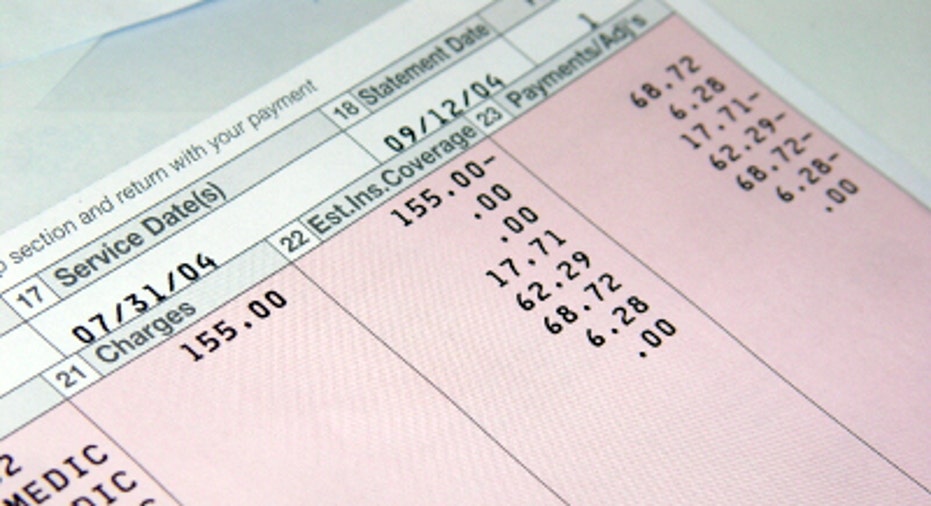Do Medical Bills Show up on Credit Reports?

Dear To Her Credit,
Are medical bills still being reported on credit reports? I have heard that medical bills are no longer being reported. If this is the case, why is it so hard for me to find a lender?
I am interested in purchasing a home instead of paying for something every month that will never be mine.
- Octavia
Dear Octavia,
When you owe money to your doctor or to a hospital, it generally does not show up on your credit report.
However, if the bills go unpaid long enough and end up in collections, they're going to be on your credit report, and they will affect your ability to get credit, including a mortgage.
Becky Walzak, president of Looking Glass Group in Deerfield Beach, Fla., and an expert in loan quality assurance, says, "Frankly, we see a lot of medical bills on credit reports."
Often, the bill has gone to collections because it is under dispute. "The most frequent reason is that they are arguing the claim -- they think the insurance company should pay it, they think the bill was outrageous, a variety of reasons," says Walzak.
Sometimes even a small bill can cause trouble. "The hospital forgets about it and it goes to collections, and people only find out about it when they pull their credit report," she says.
A more serious problem, from the point of the mortgage lender, is a raft of major medical bills. Too many bills show an inability or unwillingness to pay bills, or they may point to a potential bankruptcy in the future.
In some cases, the patient may simply be waiting for the insurance company to go through the paperwork. Meanwhile, doctors and hospitals send large bills to collection agencies sooner than they would small ones. "We take these much more seriously, because how are you going to pay these?" says Walzak. "If you are going to file bankruptcy, are these going to be discharged? That's when your medical bills are going to show up."
Not only do medical bills in collections show up on your credit report, but they also factor into your score. "Lenders will look at it as potential disregard of obligations," says Walzak.
Here's what you should do if you have medical bills:
- Pay them off, if possible. If they are small bills, perhaps that you are disputing with a medical provider, a mortgage lender may require you to pay or settle the bills before you can buy a house.
- For large bills, agree to a payment plan with the provider, and then stick to it. If you can keep the bill from going to a collection agency, potential lenders won't even hear about them. Many people believe that if they send something -- anything -- to the doctor, their accounts won't be sent to collections. In truth, it depends on the doctor and on your bill. If you send $1, obviously, the office will not be impressed. If they are satisfied that you're trying to pay, however, they're not likely to turn you over to collections.
- If you have a significant bill in dispute, put a statement on your credit report. For example, Walzak knows someone who had dental work done. The patient received half the treatments and was dissatisfied, so she stopped treatment. The dentist billed her for the entire amount anyway. In situations like this one, you should notify the insurance company and medical provider that you did not receive the services you are being billed for. Lenders look at more than your credit score. Sending statements to the credit bureaus tells potential lenders that you're conscientious about what's going on with your finances.
- Pull your free credit report regularly. You'll want to keep on top of any negative items and either dispute them or add explanation statements. You can pull them free once a year for each of the big three credit bureaus (Equifax, Experian and TransUnion) at AnnualCreditReport.com.
What lenders are looking for, according to Walzak, is the concern is for disregard of obligation. "We're looking to make sure that you have a concern about paying your debts," she says. That's as true for medical debts as for anything else you owe.
What about medical credit cards? "It's just another credit card," says Walzak. If you apply for a medical credit card before treatment, the balance and other information is reported to the credit bureaus just like any other credit card.
Always resolve medical debts as quickly as possible, just like you would any other bills. Take care of your credit, and you will soon be in that house that you can call your own!
See related: Seek help for unexpected medical bills, How to resolve a bogus medical bill



















